Christianity officially began in the 1st century CE in Judea, a Roman province found in the eastern Mediterranean. It developed from Jewish traditions and centred on the life and message of Jesus of Nazareth, who preached compassion, repentance, and the promise of eternal life. After his crucifixion, his disciples continued spreading his teachings, leading to the growth of an early Christian community. From small gatherings in Jerusalem, Christianity would begin to spread like wildfire, largely due to the efforts of the apostles. Within a mere three centuries, what had started as a marginal sect has grown into the official religion of the Roman Empire.
Key Takeaways
- When did Christianity begin? In the early 1st century CE, shortly after the crucification of Jesus (c. 30–33 CE)
- Where did Christianity originate? It originated in Judea, which was a Roman province in the eastern Mediterranean (now modern Israel/Palestine)
- How did Christianity start? From the teachings of Jesus of Nazareth and belief in his resurrection, continued by his disciples.
- Who spread Christianity? Apostles like Peter and Paul, who used the Roman road, cities, and trade routes to spread the word of Jesus
- What challenges did early Christians face? Persecution under Roman authorities and disputes over whether Gentile converts needed to follow Jewish law.
- When did it become recognised? 313 CE: Edict of Milan granted tolerance. Later on in 380 CE: the Edict of Thessalonica made Nicene Christianity the state religion of Rome.

How Did Christianity Start?
"We cannot but speak of what we have seen and heard."
Acts 4:20 (words of the apostles in Jerusalem)

Christianity did not appear in isolation. It began in the 1st century CE within Judaism, in Judea - a province of the Roman Empire, where politics, religion and culture were deeply intertwined. Many of the Jewish communities lived under the constant weight of Roman occupation and longed for a messiah who would restore their nation and bring justice for their people.
The Life and Death of Jesus of Nazareth
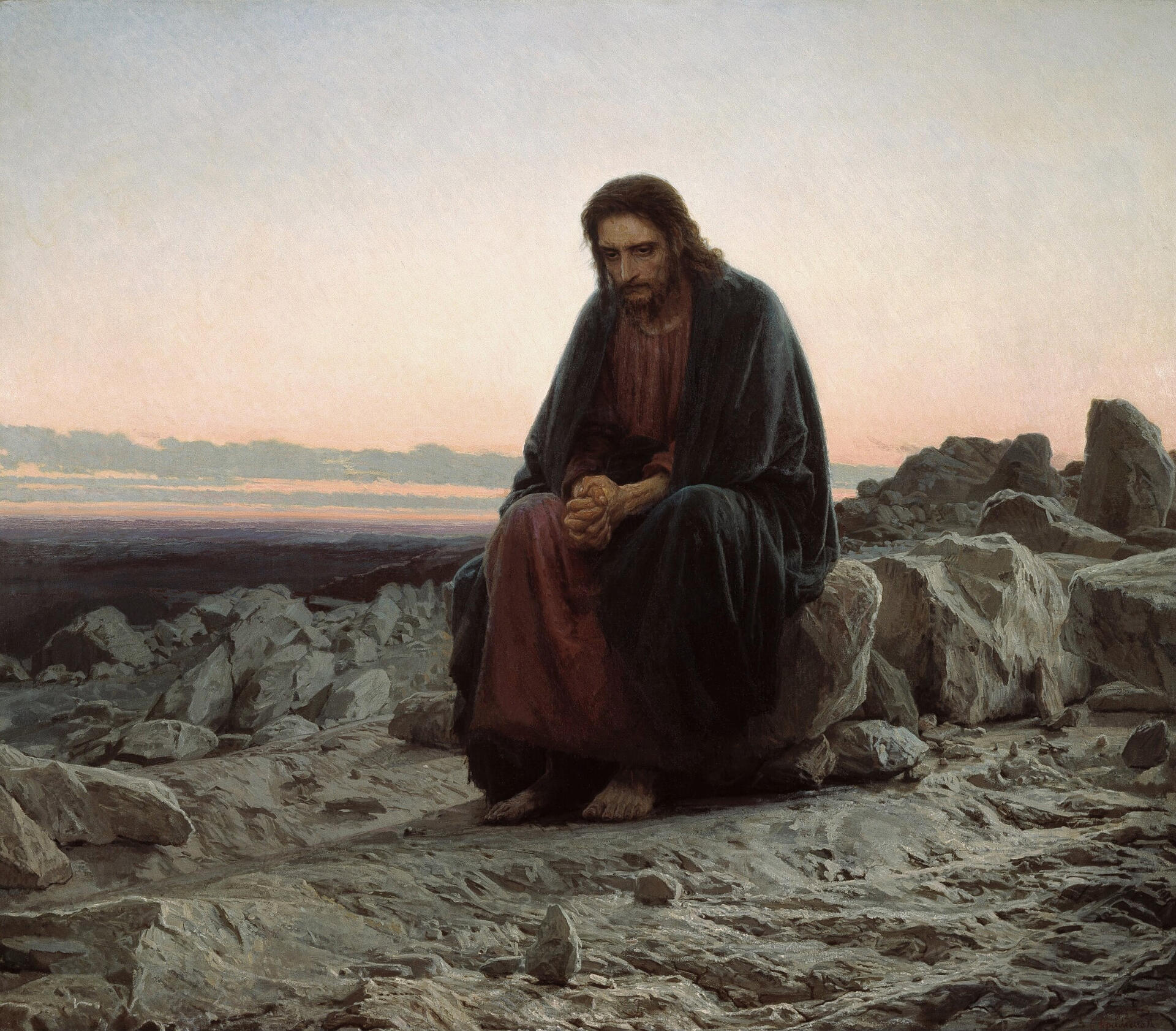
Jesus of Nazareth emerged into this landscape and began preaching words that struck a chord with ordinary people. His message built upon Jewish scripture yet introduced a radical focus on humility, mercy, and love - even for one's enemies.
As reports of healings and other miracles spread and his following grew larger, religious leaders and Roman officials grew increasingly wary. Fearing Jesus's growing influence might challenge their control, Roman officials arrested him, handed him over to the Roman governor Pontius Pilate, and sentenced him to death by crucification.
The earliest Christians didn’t actually call themselves “Christians.” Instead, they saw themselves as Jews who believed Jesus was the messiah. The label “Christian” only first appears in Antioch in the 40s CE.
However, what was meant to end his following became the very event that gave it life. Shortly after his passing, his disciples proclaimed that Jesus had risen from the dead, and this belief in the resurrection became the foundation of Christian faith. For them, his death was not a defeat but proof of God’s saving power.
The First Christians and Early Communities
They devoted themselves to the apostles’ teaching and to fellowship, to the breaking of bread and to prayer.
Acts 2:42
In the weeks that followed, small groups of believers gathered in Jerusalem. They prayed together, shared meals, and supported one another, all united by the conviction that Jesus had risen from the dead.
By the mid-30s CE, this small community had begun to expand beyond Jerusalem. Preachers carried the message north into Samaria and Galilee, while others travelled along trade routes to larger cities. In Antioch, Jews and Gentiles alike joined the movement, and it was here in the 40s CE that followers of Jesus would first be called Christians.
Before concluding this section, it is essential to state that there are many beliefs, doctrines, and dogmas that make the Christian faith unique from other world religions such as Islam, Buddhism, or Judaism.
As the movement rapidly grew, it began to attract many Gentiles (non-Jewish people). However, this raised a difficult question - should the new followers be required to adopt Jewish practices? Opinion was divided, with some believing Christianity should remain within Judaism and others (like the apostle Paul), insisting faith in Christ was enough.
The Growth of Early Christianity: A Timeline
c. 30 CE
Crucifixion of Jesus
Early 30s CE
The First Christian Community Forms
Mid-30s CE
Expansion into Samaria and Galilee
c. 40 CE
Followers first called Christians in Antioch
c. 49 CE
The Council of Jerusalem decides Gentiles can join without full Jewish law
The Spread of Christianity in the Roman Empire
As the Christian faith moved beyond Jerusalem and Antioch, the vast Roman empire provided a mix of opportunities and dangers.
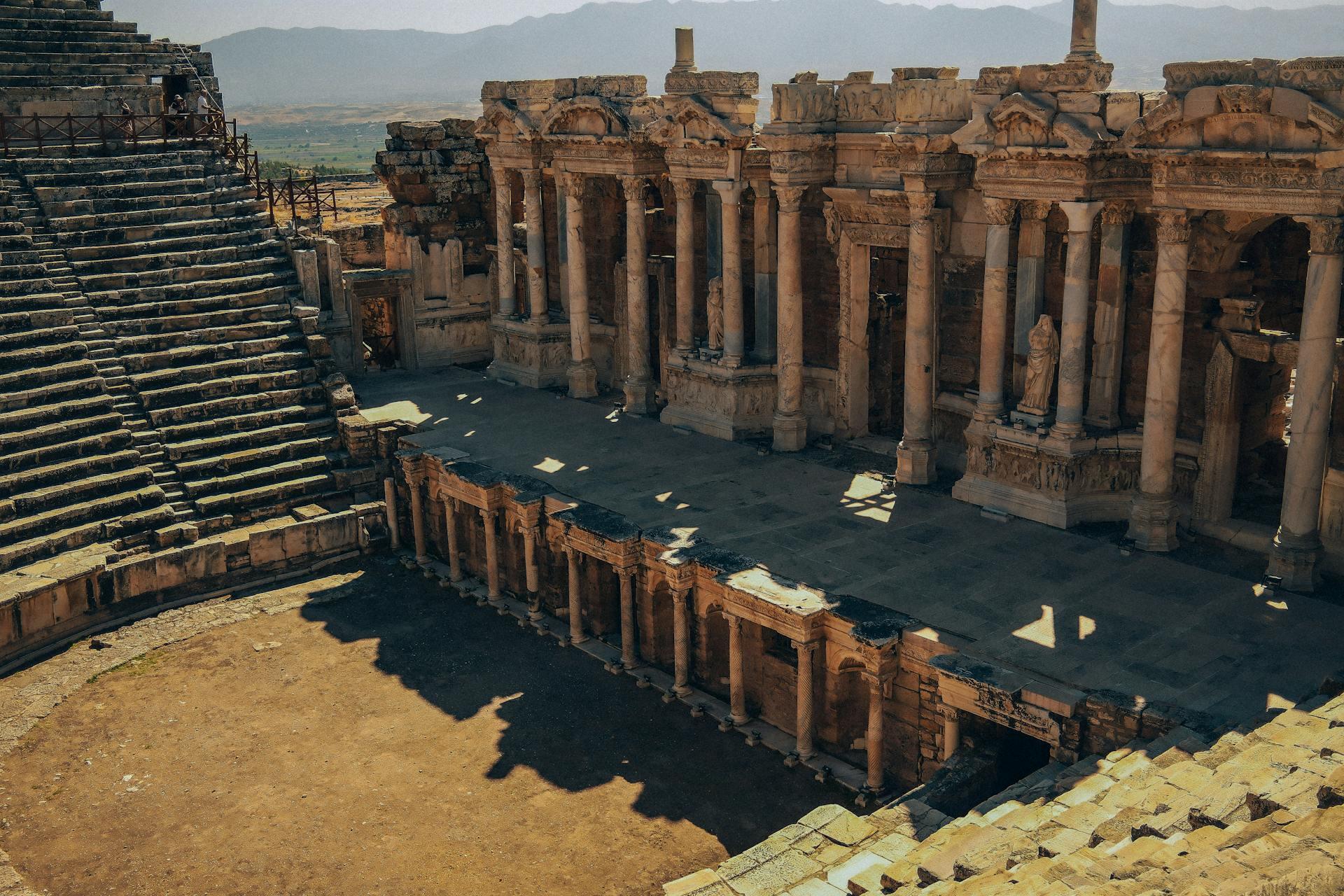
On one hand, its network of roads, ports, and common languages (Latin and Greek) made travel and communication easier than in almost any other ancient part of the world. On the other hand, Christianity was still not yet officially recognised and was usually treated with suspicion - sometimes leading to violent persecution as a result.
Paul and the Missionary Journeys

Arguably, one of the most influential figures in spreading the word of Christianity was the Apostle Paul of Tarsus. A Roman citizen and Jew, Paul travelled extensively between the 40s and 60s CE, founding communities everywhere from Asia Minor and Greece to Rome itself.
His letters to these churches offered encouragement and theological guidance, many of which later became part of the New Testament.
Learning about different world religions can open your mind, encourage tolerance, and help you see the people around you in a new light.
Persecution in the Roman Empire
For almost three centuries, Christianity would remain unrecognised by Roman authorities. Viewing the growing Christian presence as a threat to his rule, Emperor Nero would blame believers for the Great Fire of Rome in 64 CE.
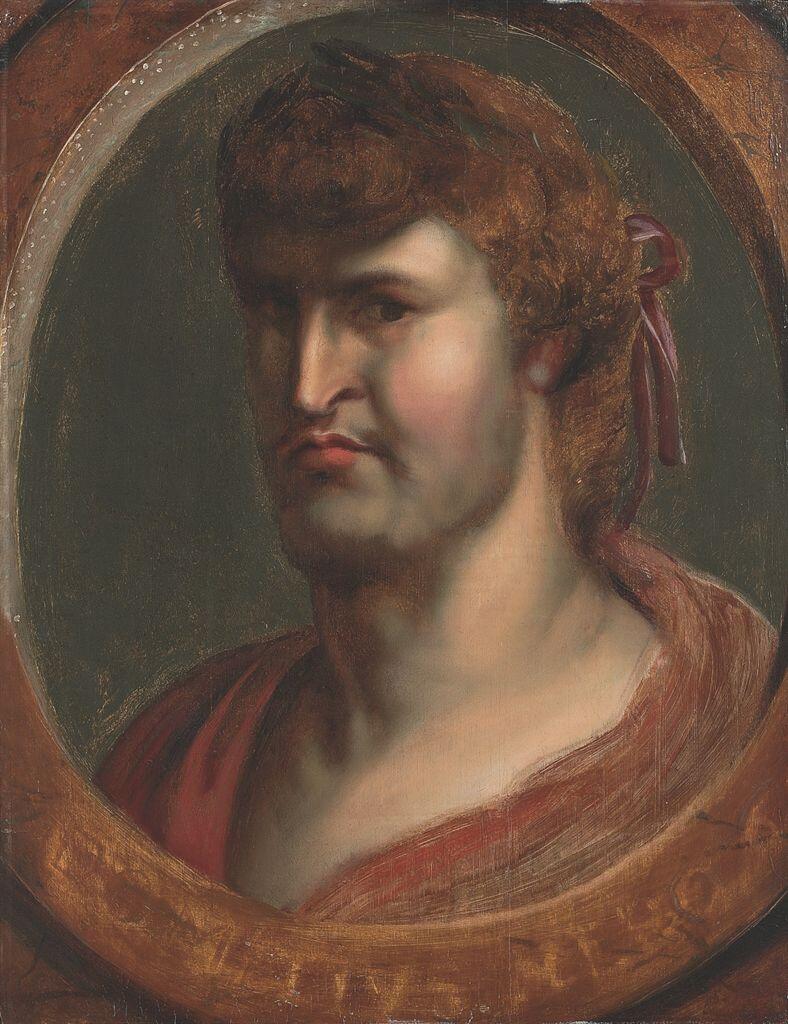
Because of this, many Christians were arrested, tortured, and executed in various brutal public spectacles. Despite this and other similar crackdowns by like-minded emperors, Christianity continued to endure with small communities regularly meeting in secret. From here, the religion would find itself gradually being adopted as far away as Alexandria in Egypt and Carthage in Northern Africa. Find out more about the origins of Islam.
When Did Christianity Become the Religion of Rome?
We have resolved to grant to Christians and to all others full authority to observe that religion which each preferred.”
Edict of Milan, 313 CE

By the start of the 4th century CE, Christianity was no longer a hidden sect. Communities had quickly taken root in every major city of the Roman Empire - drawing followers from every social class, including slaves, merchants, scholars, and even members of the imperial household. As a result, the imperial government was faced with a movement that had become too large to suppress any longer.
The Edict of Milan (313 CE)
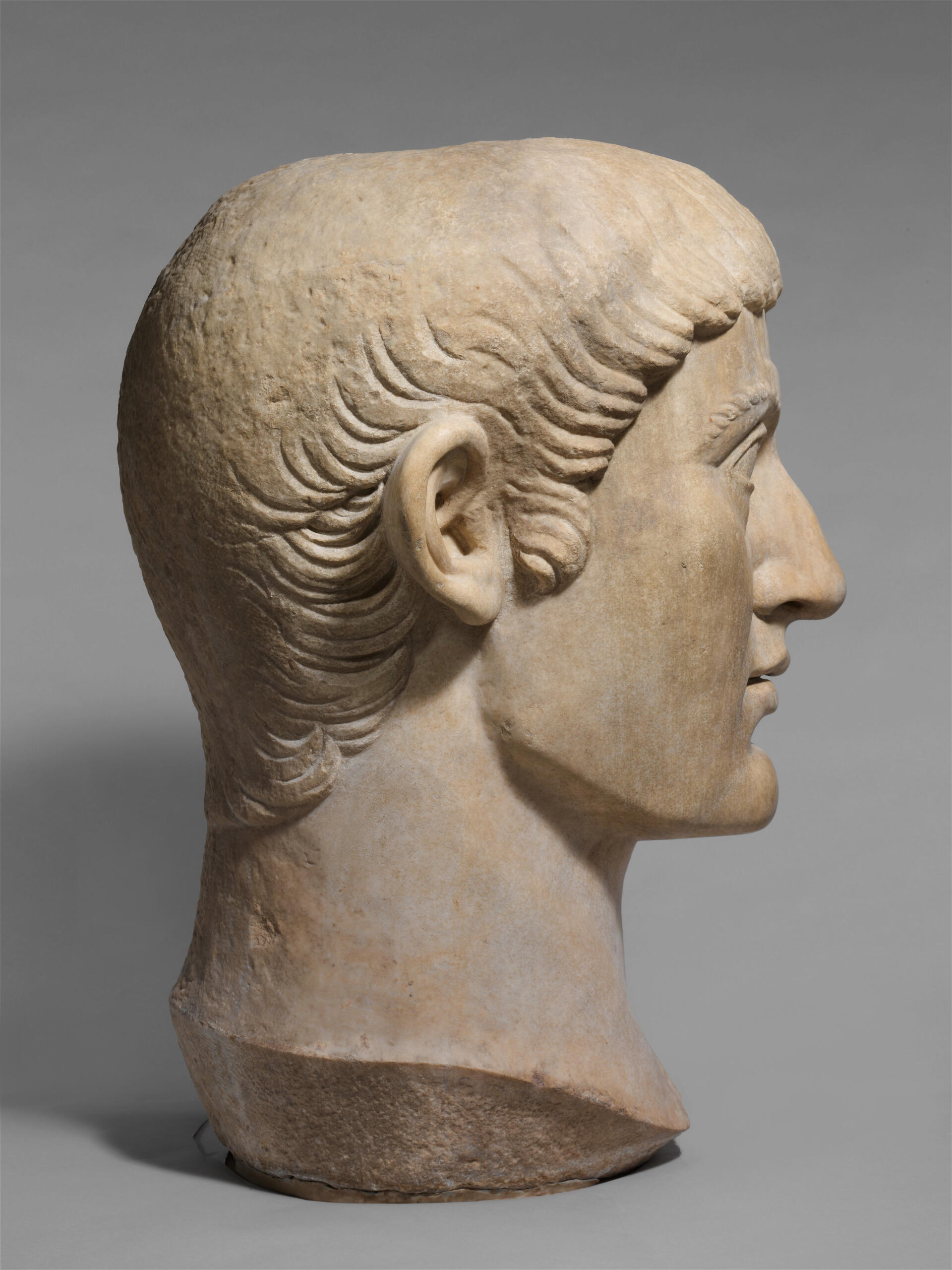
In 313 CE, Emperor Constantine and his co-emperor Licinius created the Edict of Milan, which gave religious tolerance to Christianity and other religions within the Roman Empire. This edict allowed Christians to practice their faith openly without the constant fear of persecution
Constantine the Great (c. 272–337 CE) was the first Roman emperor to openly support Christianity. Ruling from 306 to 337 CE, he issued the Edict of Milan in 313 CE, founded the city of Constantinople, and also set Christianity on the path from a persecuted faith to an imperial religion
What about public figures, symbols, and the holy book of the Hindu people?
The Council of Nicaea (325 CE)
Following this, in 325 CE, Constantine convened the Council of Nicaea, assembling Christian leaders to create a unified series of beliefs. From here, the council created the Nicene Creed. This was essentially a statement of faith that set out the core beliefs of Christianity and helped settle major disagreements within the church.
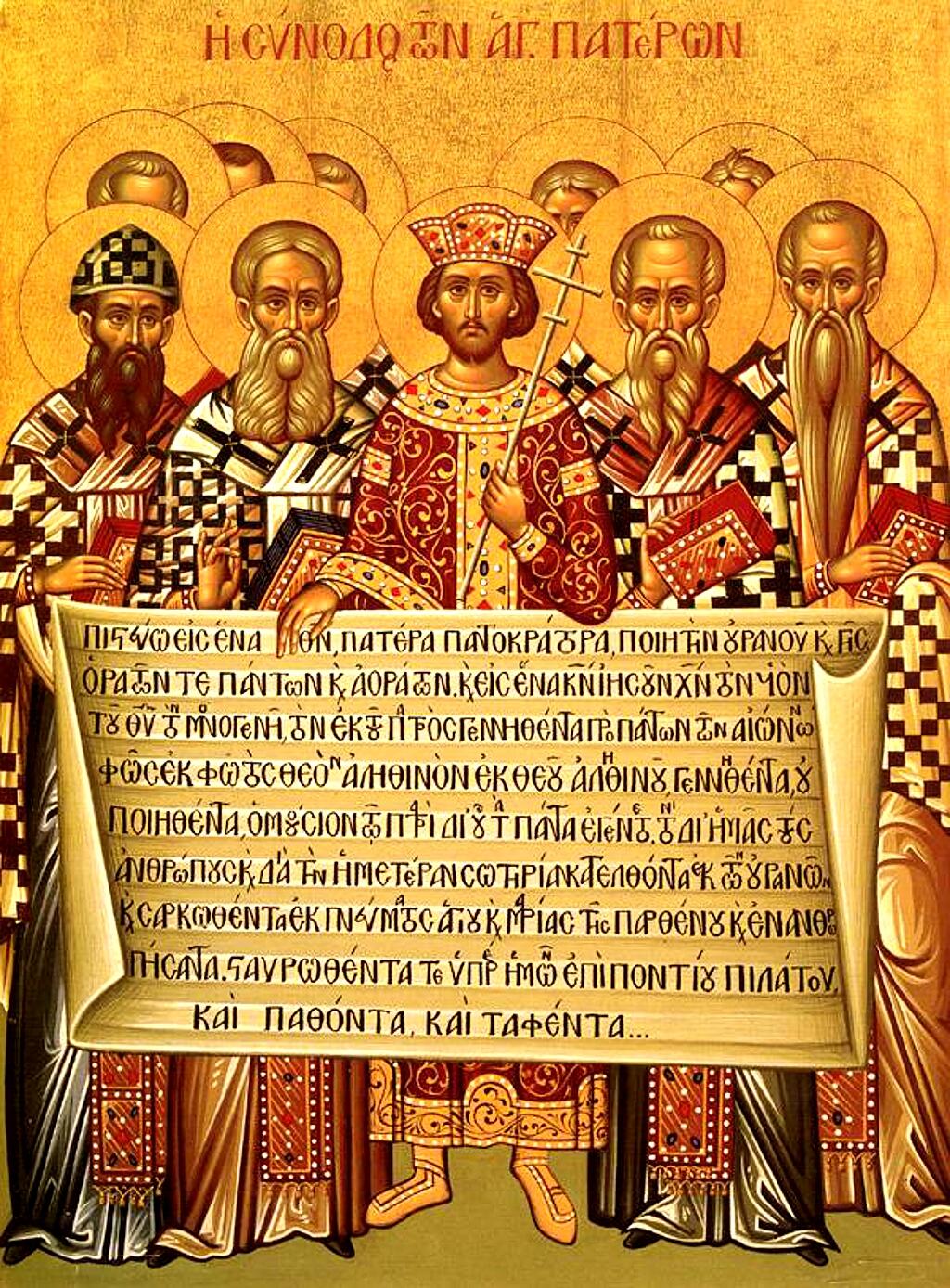
The Edict of Thessalonica (380 CE)

In the decades after Constantine, Christianity continued to grow in influence but the empire was still home to many different faiths and even rival Christian sects. The final turning point came in 380 CE, when Emperor Theodosius I issued the Edict of Thessalonica.
According to this law, all Roman citizens were now required to follow the Nicene creed. Likewise, other religious practices were increasingly suppressed, with said temples dedicated to the old Roman gods being closed or repurposed. For the first time in history, Christianity has become not only legal, but also the state religion of the Roman Empire as a whole.
Summarise with AI:
















is the six and seven book of Moses good for christian’s to be use
How did Christianity start?
From the teachings of Jesus of Nazareth and belief in his resurrection, continued by his disciples.
Thanks for your comment! Yes, that’s a clear way to put it — Christianity grew from the teachings of Jesus and the belief in his resurrection, which his early followers helped spread throughout different communities. It’s interesting how those early teachings developed into a global religion over time.
is six and seven book of Moses good for christian’s to be ues
why/ and book of mamon
some people use JESUS CHRIST other’s use Yashuo Massiah are they the same
Very informative
Hi Glenn! Thanks for your comment, glad to hear that you found this article informative!